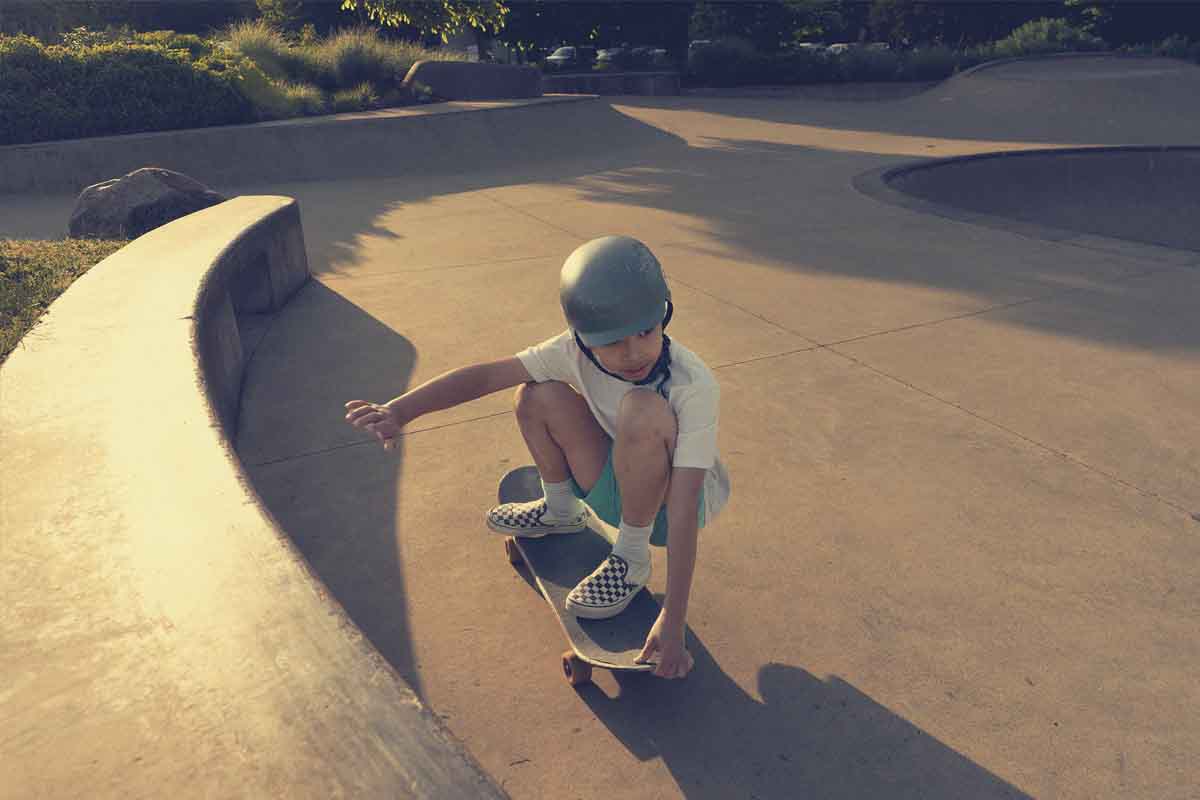Advertisement
When Kids Want to Quit
Life lessons for parents and kids
Fact-Checked
This article has been written and fact-checked by experts in the field.

Our society has many embedded values and rules, a big one being the way we view quitting. It’s frequently seen as a loss, failure, or misstep. Occasionally it’s considered the necessary consequence of untenable circumstances. Very rarely, it’s embraced for its value as a positive choice, a necessary rite of passage, and an inevitable growing pain as we mature emotionally and psychologically.
It can be a struggle to handle those moments when our kids want to disengage, pause, or call it quits. In order to really understand and have some agency in this area, it’s helpful to understand the following:
- the context of our own upbringing
- our parenting style(s)
- our individual children, who are ever-evolving
- our own tendency to persevere, or quit (yes, our behaviour is important here too!)
I consulted with three young moms in order to expand my frame of reference (I’m no spring chicken!). I’m not using their names here in order to respect the privacy of their kids who aren’t able to provide their own consent. We had an animated conversation, much of which is reflected here.
Advertisement
Be clear in your intention
What kind of parent do you want to be? What do you view your job as being? What do you hope for with your kids? Knowing these things can help you to be grounded in your day-to-day parenting because you know your “why.”
Advertisement
Understand your parenting style
Do you consider your role to be:
- maintaining order and control?
- cultivation of spontaneity and discovery?
- keeping them safe and protected?
- developing their life skills?
- avoiding conflict?
Understanding your style (and this can be situational) helps to clarify why some things are more important to you than others. If you’re clear about how you want to show up, you’re more likely to adjust to that rather than drifting off-course.
You are not alone
Any parent can have a moment when they think these questions:
· Is it okay, or not okay?
· Was there a better alternative?
· Did we miss something?
· Are we good (enough) parents?
While these are all very normal questions to ask ourselves in moments of self-reflection, knowing that our doubts are shared by most parents can be very reassuring.
Advertisement
Be curious and dig deep
When the challenge, “I don’t want to do this anymore!” arises, try to be curious about what your child is experiencing and note your own reaction. When faced with challenges, we may have a tendency to avoid, fix, minimize, or catastrophize. Be aware of your tendency, breathe, and refocus on what is triggering your child’s caution or resistance.
One mom shared an experience where her child was clear that they didn’t want to return to an activity. With a “kid-focused discussion,” she helped her child, and herself, understand what had triggered this reluctance. From there, it was possible to look at alternatives. As she said, “after getting to the root of his fears, we were able to find a way forward.”
Advertisement
Be creative
I’m a big fan of creative problem solving. Rather than being blocked or stumped, stay clear in your intention and help your child look for alternative paths. Maybe this means a different but related activity, or more support, or taking a break and returning later. One mom found taking a break to be very effective: “Often he’s just having a bad day, and the bad day isn’t about the sport.”
Advertisement
Don’t sweat the small stuff
Recognize if you’re getting caught up in a struggle, and consider if it’s worth it. Sometimes a kid’s autonomy may be more important than the activity, at least for now. Or maybe there’s an activity that really matters to you, but your kid couldn’t care less! Other times, you may decide the lessons and skills to be learned in persevering are worth sticking it out. This gets clearer if you take a few breaths and reflect on the situation, and the big picture.
Advertisement
Carry your learning forward
Sometimes things go poorly, for you and/or your kids. There can be misunderstandings, frustrations, power struggles, disappointments, and frosty car rides. Rather than lingering on these for too long, try accepting that the situation was difficult and didn’t end as you would have wished. Consider how you could approach this if you had a redo. This can be the learning you take forward into future situations.
Advertisement
Celebrate small victories
Sometimes things go well! You and your kids really communicate, dig deep, and work together to find a good path forward. Remember to celebrate these wins with them, and for yourself. Otherwise, you may miss the win and get focused on the next challenge, missing out on the enjoyment of a family in sync.
Advertisement
You are a role-model
Remember that how you handle life’s challenges is being observed. Your willingness to hang in for difficult tasks, to take a time out when needed, or to stop something that is no longer a good fit, are what your kids may emulate. Every time you make a conscious effort to understand them and work together, you’re modelling healthy behaviours that can serve them well going forward.
Redefining success
Success typically means accomplishment, completion, or winning. Try expanding the definition of success to include perseverance through challenges and obstacles. This is critical in building resilience and confidence, thereby equipping your kids with invaluable life skills.
This article was originally published in the August 2024 issue of alive magazine.





